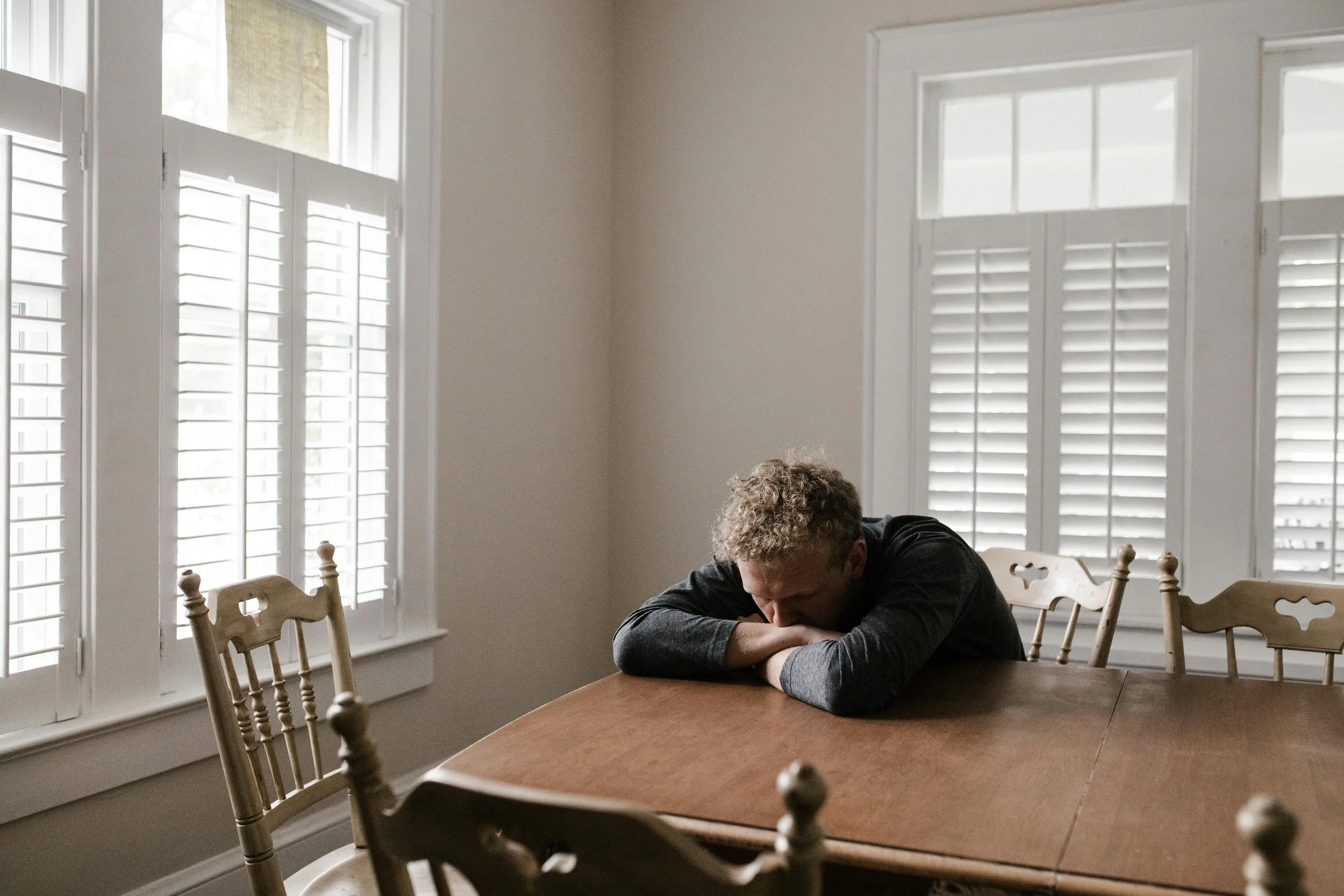Agoraphobia Test: Has Panic Turned into Agoraphobia Symptoms?
Disclaimer: This quiz is only for adults and is not designed to be administered to anyone under 18 years of age. By clicking on the quiz above, you acknowledge that the quiz is not a diagnostic instrument and is only to be used if you are 18 years or older. Let’s Talk! Counseling and Services LLC disclaims any liability, loss, or risk incurred as a consequence, directly or indirectly, from the use and application of this quiz.
Agoraphobia Test Results
This quiz examines whether you're experiencing common agoraphobia symptoms or signs of a more specific type of phobia. The results below can help you better understand your score and potential agoraphobia treatment recommendations.
Your results on this quiz can offer valuable insight into your current symptoms. Depending on your score, agoraphobia treatment may be recommended, in which case please remember that seeking help is a courageous step towards improving your mental well-being.
None or Minimal Agoraphobia Symptoms
Your responses on this agoraphobia test suggest you’re experiencing minimal agoraphobia symptoms, if any. People with agoraphobia often go to great lengths to avoid feeling uncomfortable, typically because they worry it will lead to a panic attack. Over time, this often means life gets smaller and smaller.
Based on your responses on this agoraphobia test, agoraphobia treatment is not recommended. If you've noticed you're having a harder time getting out of your house, this could also be due to other types of mental health concerns such as depression, Social Anxiety, or PTSD. While this agoraphobia test doesn't specifically focus on these conditions, they can look similar to agoraphobia but require different forms of treatment.
If you believe mental health concerns are making it difficult for you to leave your house or do the things you used to do, it's recommended to consult with a mental health professional regarding your symptoms. Other types of mental health treatment may be helpful in addressing your symptoms so you can get back to living your life. For more information, call today or request a free consultation to discuss your results on this agoraphobia test.
Mild Agoraphobia Symptoms
Your responses on this agoraphobia test suggest mild agoraphobia symptoms. You may have noticed your brain has started paying attention to exits when you're out in the world or coming up with more reasons to pass up outings altogether. You may have started making these changes to avoid panic attacks and you've probably noticed it's working (for now).
The bad news: agoraphobia treatment works the opposite of what you might guess. By avoiding certain situations, you unintentionally send a signal to your nervous system that says "These situations are dangerous, I can't handle it, and I could die." Unfortunately, this usually leads to feeling more anxious and helpless over time (even if you're successfully avoiding panic attacks for now).
With panic, your brain can start to flag normal bodily sensations as dangerous, which can be a slippery slope. If left untreated, even mild agoraphobia symptoms can trigger depression too. Based on your responses on this agoraphobia test, agoraphobia treatment is recommended to help break your body's habit of panicking every time you move an inch outside your comfort zone.
We can help. Our approach to agoraphobia treatment includes exposure therapy, which can help you take gentle baby steps to start stretching your comfort zone and reclaiming parts of your life you've given up. For more information or to schedule an appointment, call today or request a free consultation and we'll reach out to discuss your results on this agoraphobia test.
Moderate Agoraphobia Symptoms
Your responses on this agoraphobia test suggest moderate agoraphobia symptoms. You've probably already noticed your life is shrinking and you may be telling yourself that you'll get back to doing the things you used to do once you're feeling better, but more time is passing. Your stress tolerance may be going down too, meaning you're more likely to feel triggered by small stuff that never used to bother you. In other words, the more you try to "take it easy," the more time you're probably spending feeling anxious and unwell.
While avoiding certain places and situations may work to prevent panic and anxiety short-term, it typically causes even more anxiety over time. Based on your responses on this agoraphobia test, agoraphobia treatment is highly recommended. If you're experiencing depression as a result of your agoraphobia symptoms, agoraphobia treatment can help with this as well.
Our therapists offer agoraphobia treatment that goes beyond just taking deep breaths. We can equip you with tools to handle your physical symptoms, tame your anxious thoughts, and work through overwhelm like a pro. Most importantly, we can help you design a plan to tackle this one baby step at a time. For more information or to schedule an appointment, call today or request a free consultation and we'll reach out to discuss your results on this agoraphobia test.
Severe Agoraphobia Symptoms
Your responses on this agoraphobia test suggest severe agoraphobia symptoms, which can make daily functioning nearly impossible. You've probably noticed that no matter how many things you avoid, your agoraphobia symptoms are still there. You may also be experiencing depression as a result of your agoraphobia symptoms worsening, leaving you feeling hopeless about ever reclaiming the parts of your life you've given up.
Based on your responses on this agoraphobia test, agoraphobia treatment is essential for your symptoms to improve. Treatment typically includes exposure therapy as well as anti-depressant medication for those who need it. Certain types of anxiety medications are not recommended as a long-term solution for panic or agoraphobia due to the nature of these conditions and the high likelihood of developing a tolerance to these medications, meaning they may no longer work to control your anxiety symptoms.
Because agoraphobia symptoms include thoughts, physical symptoms, and certain behaviors, we focus on step-by-step tools for each piece. We can help you retrain your nervous system to relax and stop signaling alarms the second you step an inch outside your comfort zone. For more information or to schedule an appointment to begin panic and agoraphobia treatment, call today or request a free consultation and we'll reach out to you to discuss your results on this agoraphobia test.
We can help.
If you or someone you love is struggling with anxiety, depression, or the effects of trauma, please reach out. We offer Cognitive Behavioral Therapy in Orlando and online throughout Florida. Call today or send us your info and we’ll reach out for a free consultation to see if one of our CBT Therapists would be a good fit.
References:
American Psychiatric Association. (2013). Diagnostic and statistical manual of mental disorders (5th ed.). https://doi.org/10.1176/appi.books.9780890425596
Barlow, David H., and Michelle G. Craske, Mastery of Your Anxiety and Panic: Workbook, 4 edn, Treatments That Work (New York, 2006; online edn, Oxford Academic, 1 Jan. 2015), https://doi.org/10.1093/med:psych/9780195311358.001.0001









